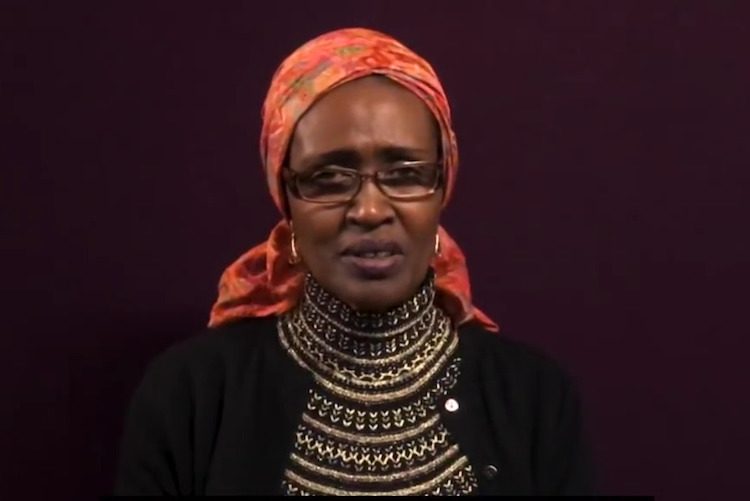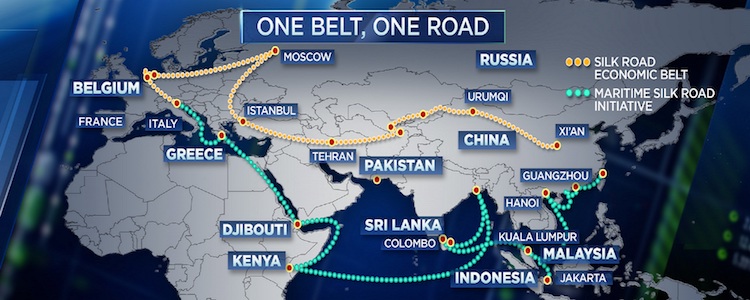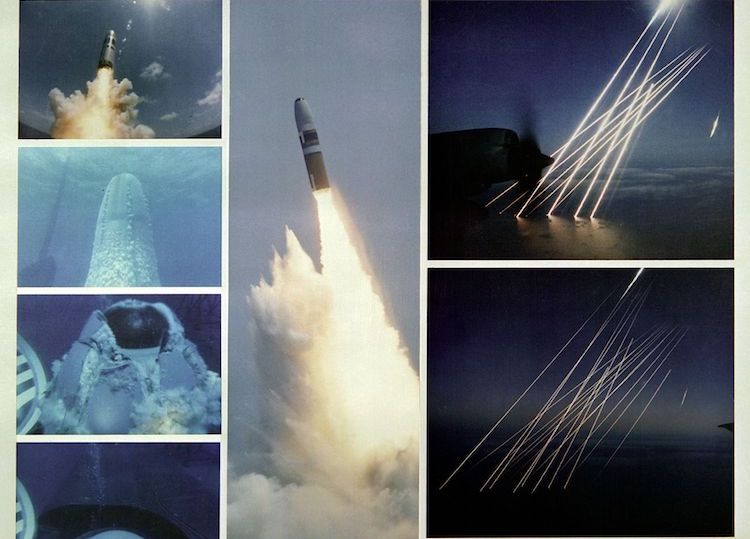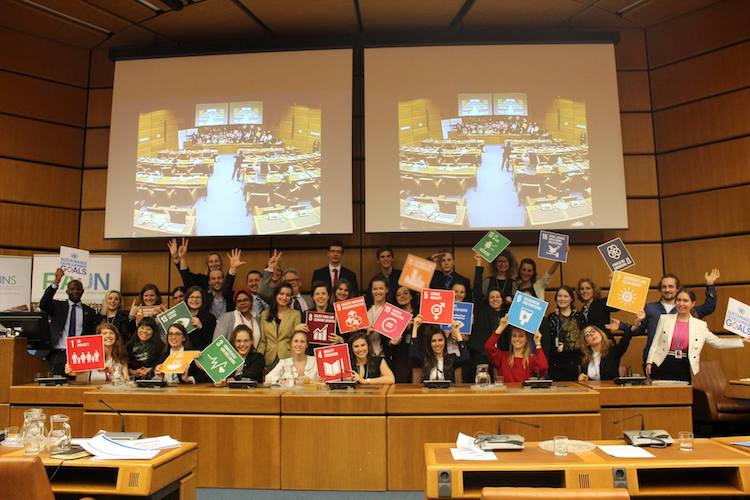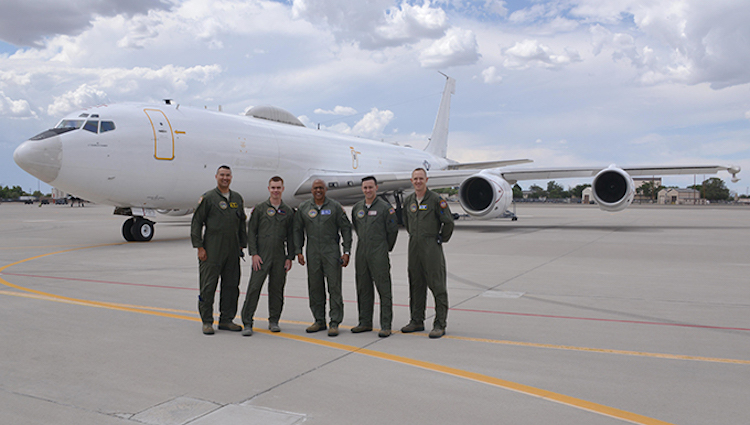By Lisa Vives, Global Information Network NEW YORK (IDN) – Revelations that the renowned emergency aid group, Oxfam International, failed to catch rogue aid workers who hired prostitutes for sex orgies in Haiti and Chad, have shaken the aid community in the UK and the U.S. According to a blistering new expose in The Times […]
Transforming Risks on the Korean Peninsula into Stable Peace in Northeast Asia
By Katsuhiro Asagiri TOKYO (IDN) – ‘Building Stable Peace in Northeast Asia: Managing and Transforming Risks on the Korean Peninsula’ was the subject of a colloquium in which regional experts on peace and security, policy makers and civil society organizations from the United States, China, South Korea and Japan participated against the backdrop of a […]
Kick Off To A Nuclear Race Threatening Doomsday
By Sergio Duarte The writer is President of the 1995 Nobel Peace Laureate Pugwash Conferences on Science and World Affairs and a former Ambassador of Brazil who served in key posts. He was President of the 2005 Seventh Review Conference of the Parties to the Treaty on the Non-Proliferation of Nuclear Weapons (NPT), and UN […]
UN Agency in Talks with Israel on African Asylum Seekers
By Jaya Ramachandran GENEVA | TEL AVIV (IDN) – UNHCR, the UN Refugee Agency, is negotiating with Israel to resettle a portion of African asylum seekers in third countries deemed by the UN to be “safe,” perhaps including Western countries, in exchange for some of the refugees to be given permanent residency in Israel, according […]
One Belt One Road – A Unique Opportunity For Sri Lanka
Viewpoint by Dr Palitha Kohona The writer is former Ambassador and Permanent Representative of Sri Lanka to the United Nations. The following are extracts from remarks he recently made at the Rotary Club Colombo West luncheon. – The Editor COLOMBO (IDN) – President Xi Jinping’s One Belt One Road (OBOR) initiative, unveiled in 2013, provides […]
Why ‘Nuclear Weapons – An Absolute Evil’ Is A ‘Must-Read’
By Anne Baring* Anne Baring is a Jungian Analyst, author and co-author of the books listed on her website, including her latest one, The Dream of the Cosmos: a Quest for the Soul. She can be contacted at anne@annebaring.com. Prof. Avery’s ‘Nuclear Weapons: An Absolute Evil’ can be downloaded here. – The Editor. LONDON – […]
Empowerment: A Collaborative Vision of SDG 5
By Cecilia Vera Lagomarsino* This is the sixth in a series of reports on the Vienna UN Conference from January 10-12, 2018, which discussed actions and challenges linked to the Sustainable Development Goal 5 (SDG 5) and in the spirit of SDG 17. The Vienna Liaison Office of the Academic Council on the United Nations […]
Use of Coal Increasing in Rapidly Growing Emerging Economies
By Rita Joshi BERLIN (IDN) – While the number of new coal-fired power plants China and India are building has declined, the planned expansion in the use of coal in fast-growing emerging economies, such as Turkey, Indonesia and Vietnam, will in part cancel out the reduction, according to a new study. The study advocates politically […]
Activists Call on U.S. to Respect the Olympic Truce
WASHINGTON, D.C. (IDN) – As the 2018 PyeongChang Winter Olympic Games kicked off on February 9, over 100 activists from around the United States sent an open letter to Defence Secretary James Mattis, calling on him to respect the Olympic Truce by postponing provocative nuclear-capable missile tests. Dozens of organizations around the country worked closely […]
‘New START’ Milestone Could Help Halt Nuclear Arms Race
By J C Suresh TORONTO | WASHINGTON, D.C. (IDN) – The Arms Control Association has called for extending the 2010 New Strategic Arms Reduction Treaty (New START) set to expire on February 5, 2021. The plea follows on the heels of an announcement each by the United States and Russia that they have met their […]

